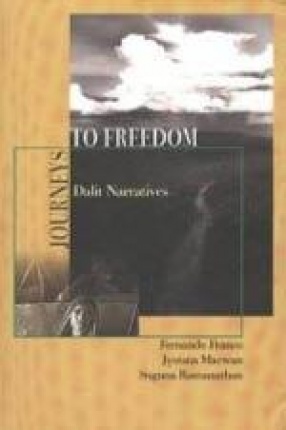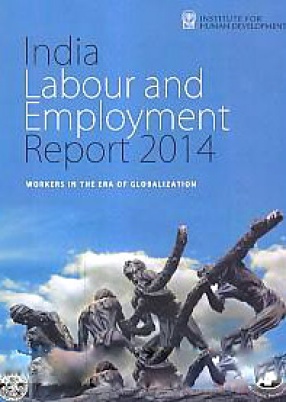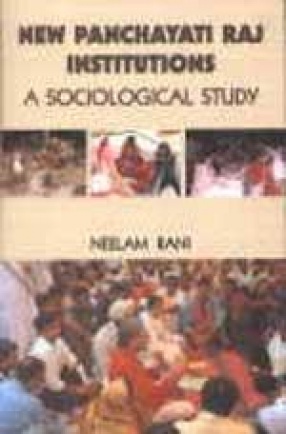Thus two of the respondents in this book of interviews of dalits of Gujarat, pinpoint experiences of discrimination and assertion that co-exist in India today, suggesting the complexities of social and political change. It was to understand how dalits see themselves, their past, their present and their future that impelled the authors, Fernando Franco, Jyotsna Macwan and Suguna Ramanathan, sympathetic and informed interlocutors, to engage in lengthy interviews with fifty-six dalit respondents, both men and women. Respondents came from a variety of geographical areas of Gujarat, where the Scheduled Castes (SCs) number about 7 percent of the population, from different castes within the SCs, of varying backgrounds, education, gender and cultural identity. This was, as the authors explain, to give as wide a spread of dalit life in Gujarat as possible. Dalits in Gujarat face a society that has not experienced any social movements that challenged its traditional social arrangements in comparison to other states in India. Indeed, traditional society was preserved by Gandhi’s location in Gujarat. Adding further stress are globalization with the state withdrawing from welfare and employment, and the growing strength of Hindutva. Despite being bounded by such disadvantages, these interviews reveal that dalits have attempted to undertake journeys to self-respect. The strategies that have been followed are varied. First is migration from oppressive rural situations that has followed economic changes in patterns of agricultural labour and low level industrial jobs, again allocated on caste lines, as seen by the employment of Vankars in the mills of Ahmedabad and other cities. Second is conversion to Buddhism, inspired by Babasaheb Ambedkar’s example, that is intrinsically a political movement and has led to the rise of political parties and alliances controlled by dalits, the Bahujan Samaj Party and the BAMCEF (Backward and Minority Communities Employment Federation), both founded by Kanshi Ram. Third is conversion to Christianity, both Protestant and Roman Catholic, where education has played a significant role in real gains in terms of economic betterment, though the old caste identity has remained. Fourth and most recent, a turn to the discourse of human rights that has changed the terms of the discourse on caste radically. Martin Macwan, the founder of Navsarjan, an organization set up to empower dalits, and other dalits went to the UN Conference on Race at Durban in September 2001 and launched the entire debate on untouchability onto an international arena. Many dalit women have been interviewed, and the authors suggest that they are the `base on which the future of the dalit journey to freedom rests’. They present a paradoxical picture of `struggle in public life to accommodation to patriarchal norms in private’. While playing political roles in panchayats, they seem to be sidelined still in the dalit political groups run by male activists.
Journeys to Freedom: Dalit Narratives
In stock
Free & Quick Delivery Worldwide
reviews
Bibliographic information
Title
Journeys to Freedom: Dalit Narratives
Author
Edition
1st ed.
Publisher
ISBN
8185604657
Length
xiv+400p., Maps; 22cm.
Subjects





There are no reviews yet.